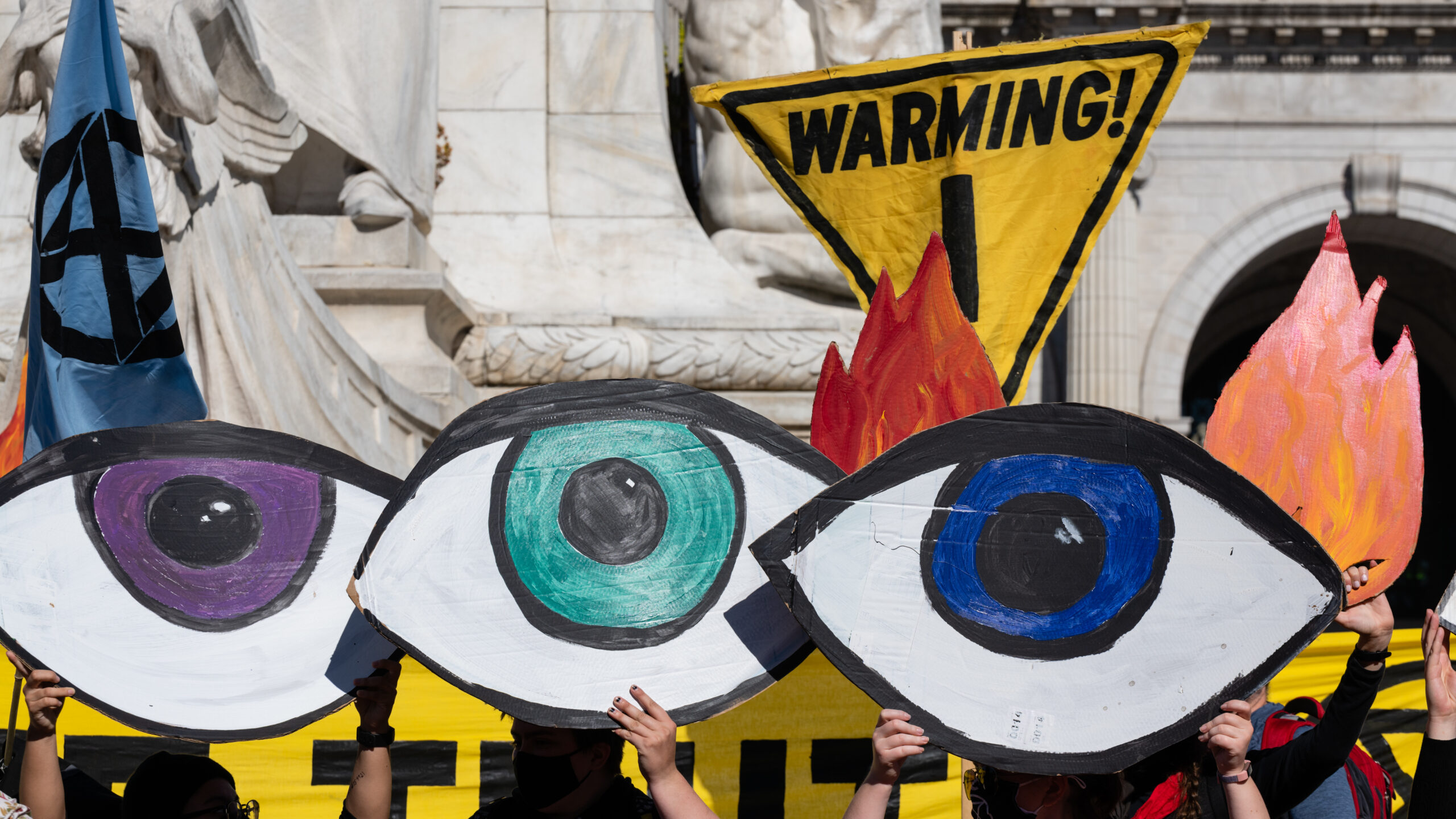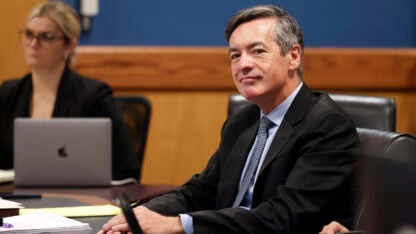Climate activists have set a high bar for President-elect Joe Biden’s staff picks, asking that he exclude anyone with ties to fossil fuel industries. They’ve already been disappointed.
Biden faced backlash this week after naming Louisiana Rep. Cedric Richmond to lead the Office of Public Engagement.
Varshini Prakash, executive director of the Sunrise Movement, said it “feels like a betrayal” because Richmond “has taken more donations from the fossil fuel industry during his Congressional career than nearly any other Democrat.”
The oil and gas industry has been among Richmond’s top campaign contributors over his career in Congress, according to Center for Responsive Politics.
Prakash called Richmond’s appointment “an affront to young people who made President-Elect Biden’s victory possible.”
The Biden transition office defended Richmond’s appointment and reaffirmed the incoming administration’s commitment to addressing climate change. A House colleague of Richmond’s also pointed out that the he co-sponsored legislation calling for “a 100 percent clean economy” by 2050.
In a statement provided by the transition office, Rep. A. Donald McEachin said Richmond “is committed to serving the President-elect’s vision to meet this moment by prioritizing both an inclusive, clean energy future and federal investment in transitional communities, creating millions of good-paying jobs and protecting our planet for generations to come.”
Last Monday, Sunrise Movement protesters marched to Biden’s Philadelphia headquarters office chanting “Biden, be brave,” The group also issued its own list of suggestions for key cabinet appointments.
Biden has let the Sunrise Movement down before. Instead of backing the Green New Deal, he campaigned on his own climate plan that calls for a slower transition away from coal, oil and gas. He has not committed to barring people with fossil fuel ties from his administration.
A major problem with such a litmus test is that Biden won’t govern alone.
The U.S. Senate could remain under Republican leadership, depending on the outcome of two run-off races in Georgia. That means passing legislation would require compromise.
“Americans voted for divided government and as part of that I think they voted for moderation, and I think they voted for common sense,” says Anne Bradbury, CEO of the American Exploration and Production Council.
Bradbury sees a future for fossil fuels even under Biden’s ambitious plan for the U.S. to achieve net-zero carbon emissions by 2050.
Conservatives worried about climate change say there are issues Republicans and Democrats likely can agree on, such as economic stimulus legislation that boosts clean energy.
Heather Reams, executive director of Citizens for Responsible Energy Solutions, says climate activists should focus on “the art of possible with getting climate action done today, rather than arguing about the position on one’s resume.”
Among the names on the Biden transition’s agency review teams a few have limited ties to fossil fuel, but more are from environmental groups.
“When I look at that list I think the clear message is the Biden team wants good people in place, right from the start, who have experience in these agencies and are not wasting any time,” says Jody Freeman, director of the Environmental and Energy Law Program at Harvard Law School. She was a former counselor on energy and climate change in the Obama White House.
Freeman is a good example of those who could be excluded if a Biden administration rejected people connected to fossil fuel companies. She sits on the board of oil company Conoco-Phillips, but she also led Obama’s effort to double car fuel-efficiency standards.
Freeman is also an expert on using presidential powers to address climate change, knowledge that likely will be necessary if both parties can’t agree on new climate legislation when Biden is sworn in next year.
Copyright 2020 NPR. To see more, visit https://www.npr.org.
9(MDAxODM0MDY4MDEyMTY4NDA3MzI3YjkzMw004))

9(MDAxODM0MDY4MDEyMTY4NDA3MzI3YjkzMw004))








